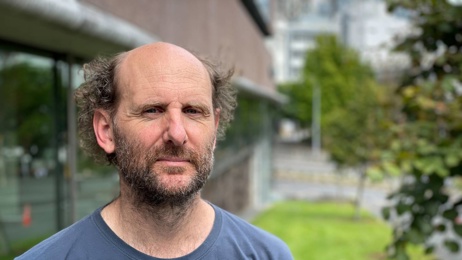
The World Health Organisation is keeping an eye on a new strain of the Covid-19 Omicron variant which appears to be 10 per cent more transmissible than BA.2 Omicron, the current strain circulating in New Zealand.
XE was first detected in the United Kingdom on January 19 and over 600 cases have been reported and confirmed since.
This morning on RNZ, Prime Minister Jacinda Ardern warned that New Zealand has not yet seen the end of the Omicron outbreak.
"This will be our first wave and not our only wave. This is our current variant and not our only variant."
Early estimates indicate the newest strain has a community growth rate advantage of 10 per cent as compared with BA.2, however, this finding requires further confirmation.
"XE belongs to the Omicron variant until significant differences in transmission and disease characteristics, including severity, may be found."
The WHO says it continues to closely monitor and assess the public health risk associated with recombinant variants, alongside other Coronavirus variants and will provide updates as further evidence becomes available.
Cabinet was discussing the traffic light system today and Ardern didn't want to get ahead of those decisions, but said in Auckland, Wellington and Tairāwhiti they were starting to see cases decline. However in other areas they were starting to peak or still rising.
An expert is worried that the next big Covid-19 variant could begin spreading in New Zealand weeks before being detected because of "patchy" genomic surveillance amid the Omicron wave.
"With current sequencing coverage, something could be circulating here for many weeks before being detected," University of Auckland computational biologist Dr David Welch said.
"A large part of our Covid response has been based around having information early and being able to act quickly. Low sequencing coverage jeopardises that."
While laboratories were trying to sequence virtually every case in our elimination era, a tsunami of Omicron infections has meant just a fraction of samples from the community were being analysed now.
Of 595,243 positive cases recorded in ESR's EpiSurv system between December 14 and March 28, only 6341 – or 1.1 per cent – were forwarded to ESR for sequencing.
Over the last two weeks, just 825 or 0.4 per cent of some 232,556 cases, have had at least one sample forwarded – with border cases accounting for around 60 per cent of those.
"As a gold standard, the World Health Organisation recommends that between 10 and 15 per cent of all cases should be sequenced," said Welch.
Take your Radio, Podcasts and Music with you









